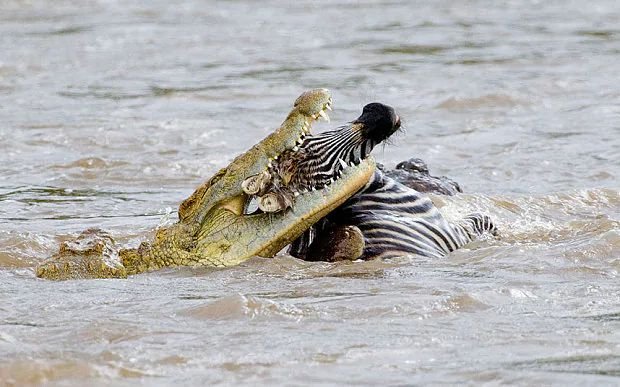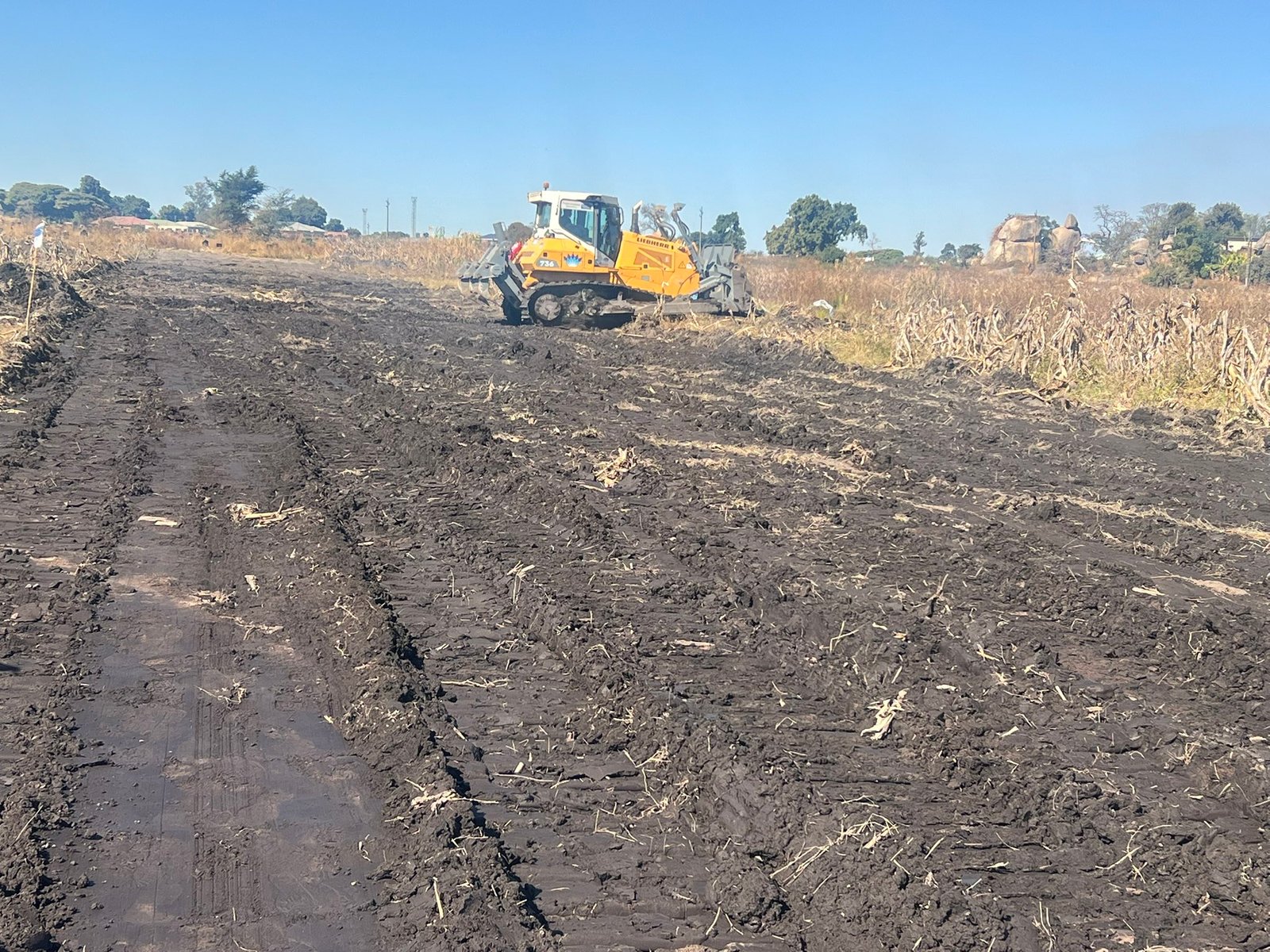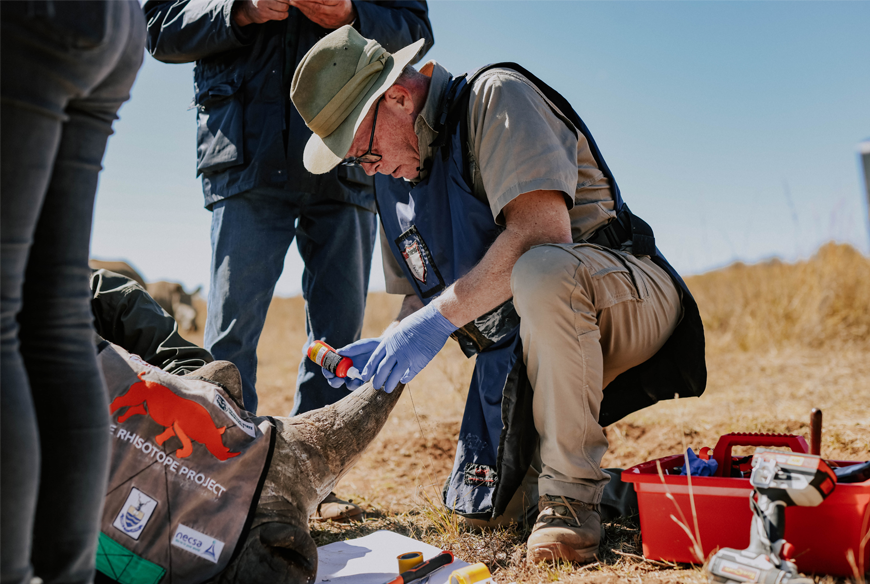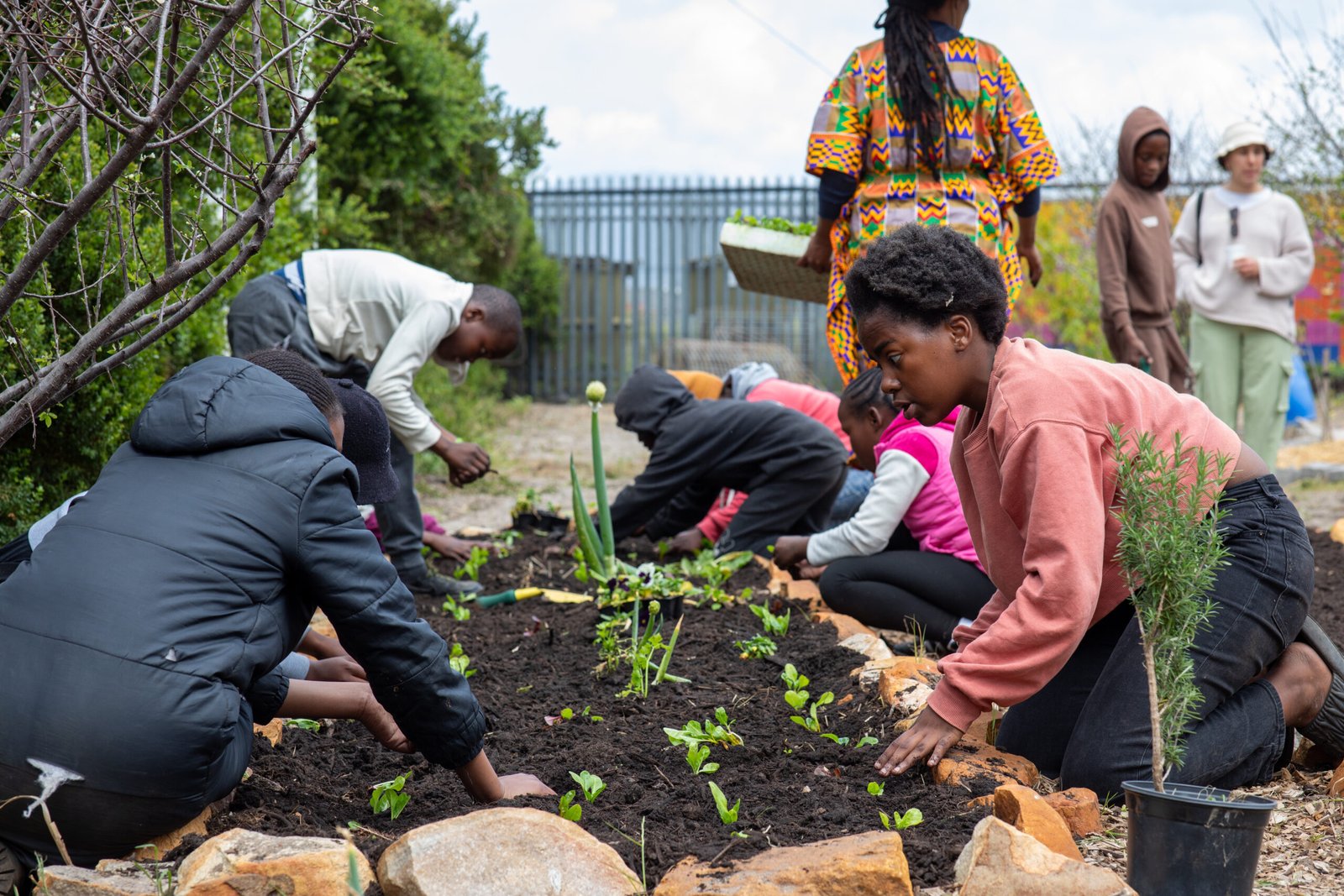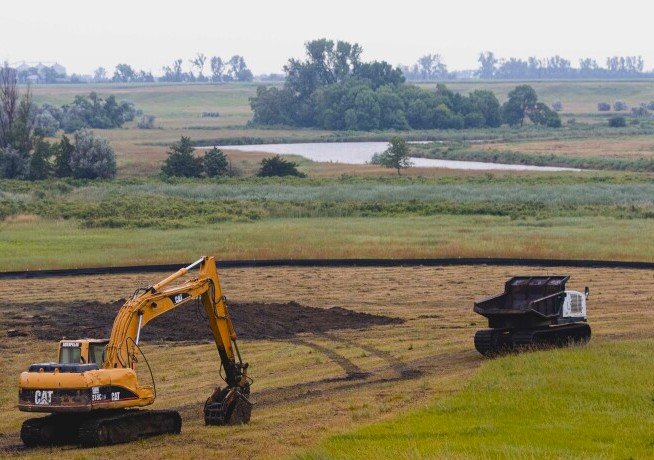The Zimbabwe Parks and Wildlife Management Authority (ZimParks) reports that eight people have tragically lost their lives to crocodile attacks over the past two months.
ZimParks spokesperson Tinashe Farawo expressed alarm over the rising incidents, noting that the authority has received over 20 reports of crocodile encounters during this period.
“The rising number of conflicts is deeply concerning, and it has resulted in the loss of life and serious injuries,” Farawo stated in a recent announcement.
The most affected regions include the South East Lowveld and the Mid Zambezi, where multiple incidents have been reported near water bodies such as Lake Kariba, the Hunyani River, and the Angwa River.
“In the South East Lowveld, six fatalities were recorded, with additional incidents in the Central region and Mid Zambezi,” Farawo elaborated, highlighting the urgency for public awareness and caution.
In light of these alarming statistics, ZimParks is urging residents to remain vigilant, especially when engaging in domestic activities near water sources. “To minimize the risk of crocodile attacks, we advise people to avoid leaving livestock unattended near rivers or lakes,” Farawo added.
Zimbabwe is facing the dual challenges of environmental conservation and human safety, making the call for a more proactive approach to managing wildlife conflicts more critical than ever. With the rainy season still underway, authorities urge the public to exercise extreme caution and remain alert to prevent further tragedies.

